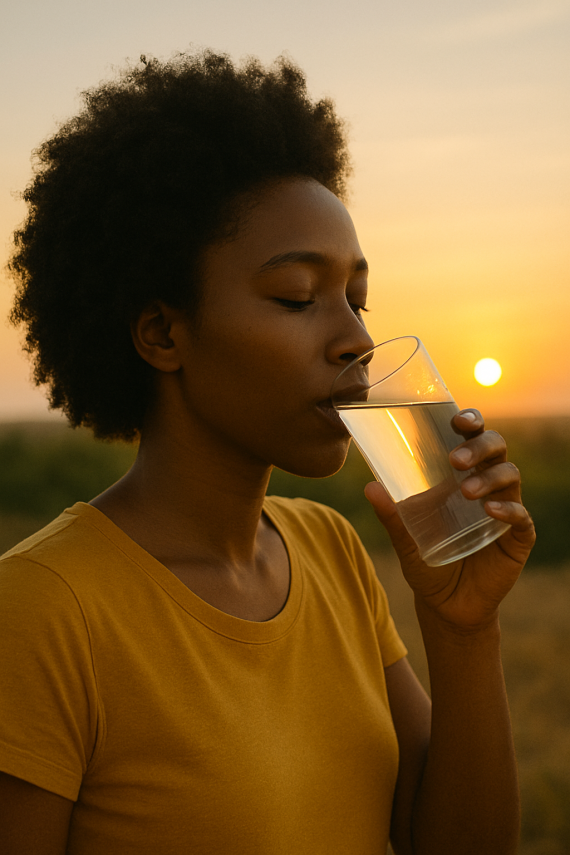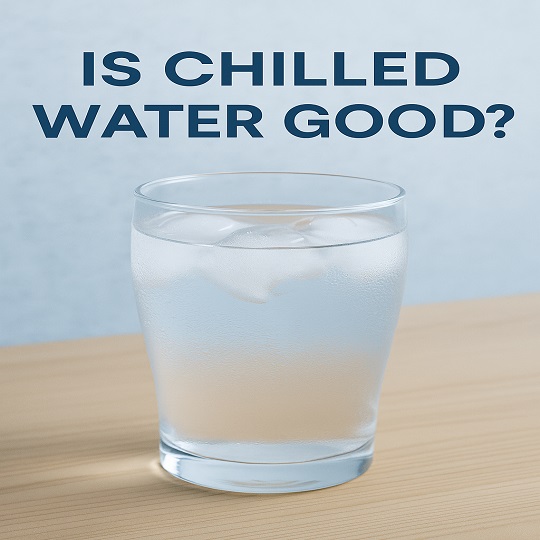
How to drink water corretly
How to drink water correctly. Proper hydration is fundamental to maintaining good health and well-being. Water plays a crucial role in almost every bodily function, from regulating body temperature and aiding digestion to supporting cognitive function and joint lubrication. Despite its significance, many people still struggle to drink water adequately. Understanding the importance of hydration can motivate you to adopt healthier habits.
How to drink water correctly
How Much Water Do You Really Need?
The recommended daily water intake varies depending on factors such as age, gender, activity level, and climate. As a general guideline, most adults should aim for around 8-10 glasses of water per day, which is roughly 2 liters. However, individual needs may differ, so it’s essential to pay attention to your body’s signals. Thirst is a natural indicator that you need to hydrate, but you can also monitor your urine color – a pale yellow suggests proper hydration, while dark yellow indicates a need for more water.
The Right Way to Drink Water
Drinking water the right way is just as crucial as the quantity you consume. Follow these tips to ensure you maximize the benefits of proper hydration:
1. Sip Throughout the Day: Rather than chugging large amounts of water all at once, aim to sip water consistently throughout the day. This approach helps your body absorb the water more efficiently and maintains a steady level of hydration.
2. Start Your Day with Water: Kickstart your morning by drinking a glass of water as soon as you wake up. This practice not only helps rehydrate your body after a night’s rest but also jumpstarts your metabolism for the day ahead.
2. Hydrate Before and After Exercise: Staying hydrated during exercise is vital, but it’s equally important to hydrate before and after physical activity. Pre-hydrating can improve your performance, while post-workout hydration aids in muscle recovery and prevents dehydration.
3. Enhance with Natural Flavors: If you find plain water unappealing, try infusing it with natural flavors like fresh fruits, cucumber slices, or mint leaves. This adds a refreshing taste without the added sugars and calories found in flavored drinks.
4. Be Mindful of Temperature: Drinking water at the right temperature can aid absorption. Room temperature water is often best, as it allows your body to absorb it more quickly compared to very cold or very hot water.
5. Don’t Rely Solely on Thirst: While thirst is a reliable indicator, it’s not foolproof, especially in older adults who may experience a reduced sense of thirst. Set a hydration routine to ensure you’re consistently drinking water, even if you don’t feel thirsty.
How to drink water correctly
The Pitfalls to Avoid
While hydrating is essential, there are some common pitfalls to watch out for:
1. Overhydration: Drinking excessive water can lead to a condition known as hyponatremia, where the sodium levels in your blood become dangerously low. Pay attention to your body’s signals and avoid drinking more water than necessary.
2. Relying on Other Beverages: Beverages like soda, energy drinks, and sugary juices can add unnecessary calories and harm your teeth. Opt for water as your primary source of hydration and save these drinks for occasional treats.
3. Ignoring Your Body: Thirst, dry mouth, and darker urine are clear signs that your body needs water. Ignoring these signals can lead to dehydration and its associated health issues.
Conclusion
Proper hydration is a simple yet powerful way to boost your overall well-being. By drinking water the right way and being mindful of your body’s needs, you can optimize your hydration levels and enjoy the countless benefits that come with it. Stay hydrated, stay healthy!
References
1. National Academies of Sciences, Engineering, and Medicine. (2018). Dietary Reference Intakes for Water, Potassium, Sodium, Chloride, and Sulfate. Washington, DC: The National Academies Press.
2. World Health Organization. (2005). Guidelines for drinking-water quality: recommendations. Geneva: World Health Organization.
3. Popkin, B. M., D’Anci, K. E., & Rosenberg, I. H. (2010). Water, hydration, and health. Nutrition Reviews, 68(8), 439-458.
4. EFSA Panel on Dietetic Products, Nutrition, and Allergies (NDA). (2010). Scientific Opinion on Dietary Reference Values for water. EFSA Journal, 8(3), 1459.
5. Institute of Medicine. (2002). Dietary Reference Intakes for Vitamin A, Vitamin K, Arsenic, Boron, Chromium, Copper, Iodine, Iron, Manganese, Molybdenum, Nickel, Silicon, Vanadium, and Zinc. Washington, DC: National Academies Press.
6. Mayo Clinic. (2020). Water: How much should you drink each day? https://www.mayoclinic.org/healthy-lifestyle/adult-health/in-depth/water/art-20044256
7. Harvard Health Publishing. (2020). The importance of water. https://www.health.harvard.edu/staying-healthy/the-importance-of-water
8. National Health Service. (2019). How much water should you drink? https://www.nhs.uk/common-health-questions/food-and-diet/how-much-water-should-you-drink/
9. Academy of Nutrition and Dietetics. (2020). Water: The essential nutrient. https://www.eatright.org/health/wellness/hydration/water-the-essential-nutrient
10. The Water Institute. (2020). The benefits of drinking water. https://www.thewaterinstitute.org/benefits-of-drinking-water




